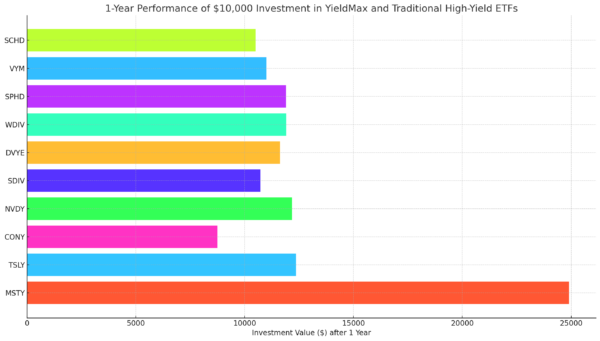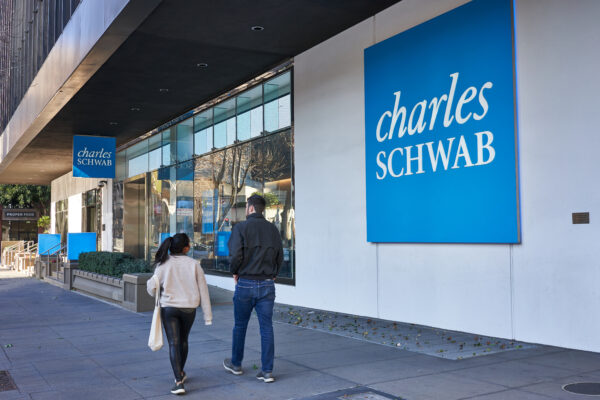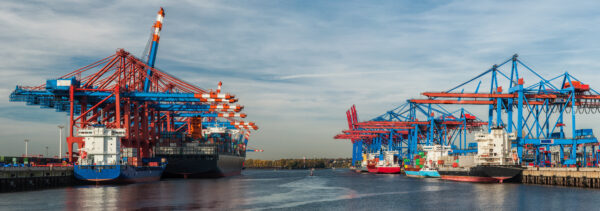ConocoPhillips Dividend History and Oil Price Impact
The steep drop in oil prices has hammered oil stocks. It’s unprecedented… although oil supply and demand will balance out over the next few years. That’s why I’m reviewing the ConocoPhillips dividend history today. It might be one of the better investment opportunities during this downturn.
ConocoPhillips (NYSE: COP) is one of the Best Oil Stocks. You can click on that link to find the other top oil companies. And if oil prices rebound soon, these companies could reward shareholders with big profits. So let’s dig in…
ConocoPhillips Business Overview
ConocoPhillips is a $27 billion business. The company is based out of Houston, Texas, and it employs 10,400 people. Last year ConocoPhillips had $33 billion in sales; that breaks down to $3.1 million per employee.
The company operates within the energy sector and has a good credit rating (A) from the S&P. This allows ConocoPhillips to issue cheap debt. That access to credit helps maintain the business and finance other initiatives, like paying dividends…
ConocoPhillips Dividend History
The company paid investors $2.15 per share a decade ago. Over the last 10 years, the ConocoPhillips dividend has dropped to $1.34. That’s a 38% decrease and the result of a dividend cut in 2016. You can see the annual changes below…

Conoco cut its dividend by more than 50% in 2016. Low oil prices have made it harder for oil companies to continue paying bigger dividends. Still, after the cut, the company returned to increasing the dividend each year. Over the last year, the dividend climbed 11.7%.
This recent increase in dividend growth is a good sign. ConocoPhillips might work out as a great income investment if oil prices recover. Let’s take a look at the yield…
ConocoPhillips Current Dividend Yield vs. 10-Year Average
ConocoPhillips’ long history of paying dividends makes it one of the best dividend stocks around. This also makes the dividend yield a great indicator of value. A higher yield is generally better for buyers. Sustainability is also vital, and we’ll look at that soon.
The dividend yield comes in at 6.84%, which is well above the 10-year average of 3.64%. The chart below shows the dividend yield over the last 10 years…

The dividend yield spike shows that investors have bid down the company’s market value. Lower oil prices put financial pressure on Conoco, and investors are worried. If oil prices don’t recover, another dividend cut might be coming.
Is the Dividend Safe?
Many investors look at payout ratio to determine dividend safety. They look at the dividend per share divided by the net income per share. So a payout ratio of 60% would mean that for every $1 ConocoPhillips earns, it pays investors $0.60.
The payout ratio is a good indicator of dividend safety… but accountants manipulate net income. They adjust for goodwill and other non-cash items. A better metric is free cash flow.
ConocoPhillips’ payout ratio based on free cash flow has been volatile over the last 10 years. It wasn’t looking good for a few years, but last year’s payout ratio was 33.5%. That would normally give plenty of wiggle room for ConocoPhillips’ board of directors to raise the dividend. Although, with lower oil prices, free cash flow will be lower this year.
If oil prices don’t climb soon, the board of directors might have to consider cutting the dividend again. As a result, ConocoPhillips stock is trading at really low levels. The ConocoPhillips dividend history is long, and the yield has climbed. If the economy improves sooner than expected, it might be a great contrarian opportunity.
To uncover more investing research and opportunities, you can sign up for our free e-letter. It’s packed with insight from investing experts.





